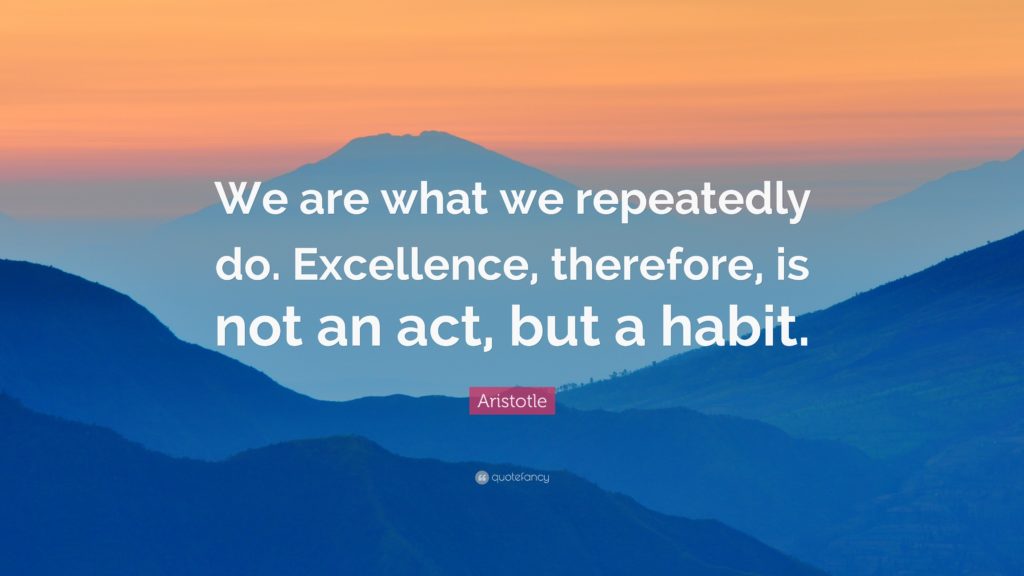If you’re anything like the average person, the last thing you want to do when you come home from work is do more work.
For me, I have a different take on boundaries as my home is where I work.
Working from home is a decision I was able to make for myself and it is one of the many perks of being my own boss. This is something I’ve also implemented with my team at Foundation Marketing; it gives people the flexibility to work where and when they’re comfortable. This has contributed to a high team morale, high level of productivity and an overall higher sense of satisfaction. When you consider the stress that commuting alone has on a person, it’s not hard to see the benefits.
The freedom to make those kinds of decisions is a major draw for many entrepreneurs, but it comes at a cost. The only way I was able to make this life for myself was to do exactly what this post is describing: working around your work.
When you’re an up and coming entrepreneur, you’re not exactly making the big bucks; however, you still have to make rent, pay the bills and eat.
Trust me, I know…
To make it to where you want to be, you need to make some sacrifices and, in the early days, a lot of that sacrifice revolves around time— more time working means having less time for sleep and play.
The goal is to eventually make that transition to where your side hustle becomes your full-time gig, but that takes…. well, TIME.
Fitting a freelance career around a full-time job is challenging, but when you’re just starting out it’s also your safest financial bet. And because your time will be precious, it pays to become an efficiency expert to be able to manage your time as effectively as possible.
Consider these 4 tips for optimizing your time while pulling through the launch stage:
Rise & Grind: Wake Up Early
Set an intention each day by rising early and working on your business. The morning offers you uninterrupted hours while the rest of the world is sleeping, and by making a practice of working on your business first thing each day, you train your mind into treating it as a priority.
This will come in handy in the evenings when you’re debating between putting in more time or unwinding with Netflix.
Stop Saying ‘Yes’ To Everything
You can’t please everyone and you shouldn’t strive to.
It sets an unrealistic expectation upon yourself.
Networking plays such an important role in business that it can be easy to persuade yourself to say yes to every meeting and catch-up, but sometimes you need to take a step back.
During the launch stage it’s very important to be selective with your time, so only take those meetings and “quick coffee chats” with people who bolster your motivation, rather than drain it.
Create Systems That Streamline Your Work
I wish I had known about all the tools and hacks I use now when I first got started.
One of the tools that I have been using since day one is called Freshbooks, a bookkeeping tool with invoice management. There are also tons of similar solutions on the market that allow you to not only issue invoices but also give you a variety of reports to manage your cashflow better. Or, you can also use online invoice templates. You’ve got options!
For e-mails, I go back and forth between Streak and Sidekick as my Gmail plugins. Both of these tools are CRM systems that integrate directly into Gmail and allow you to schedule your emails in advance.
And lastly, two tools that work great, and conjunctively, for optimizing your productivity are Crate and Buffer. Crate gives recommendations surrounding the types of content you should share online and Buffer allows you to optimize the time in which your content gets shared for clicks and engagement on social media.
Embrace the Calendar
Your calendar can be your lifesaver when trying to manage a busy lifestyle. I use it to schedule everything from researching for a blog post to scheduling e-mails, taking an hour to read or doing yoga. It’s key to prioritizing my tasks so that I have the best handle on what needs to be accomplished on any given day.
Calendars
Rule
Everything
Around
Me— Ross Simmonds (@TheCoolestCool) November 22, 2017
Basically, if things aren’t in my calendar, they don’t get done. Or, as Robert Herjavec puts it, “If it doesn’t exist on my calendar, it’s not real.”
Socio-economist, Randall Bell, told CNBC that, “Those who maintain both a calendar and to-do list are 289 percent more likely to be millionaires.”
That being said, it’s one thing to put these items in your calendar, it’s another to stick to it— and that’s where the line of success is determined.
Now I want to hear from you…
If you’re planning to start a freelance business but haven’t made the leap:
What’s slowing you down? What’s stopping you from making the jump?
I’d love to hear about it in the comments below.
Interested in learning how to work even more productively as a freelancer? Stop wasting your time creating emails from scratch that promote your service, try to land new business or request a speedier payment. Here’s a list of freelance email scripts that I’ve used over the years that are sure to help your business grow.



